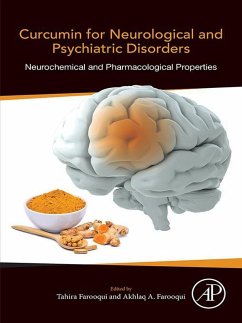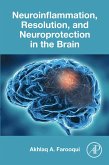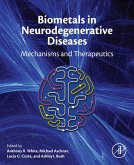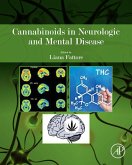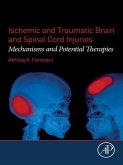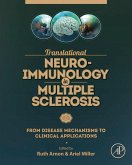Curcumin for Neurological and Psychiatric Disorders: Neurochemical and Pharmacological Properties focuses on the different molecular mechanisms underlying curcumin-mediated beneficial effects in neurological diseases. The book's editors discuss the neurochemical and pharmacological properties of curcumin, followed by the effect of curcumin in neurotraumatic diseases, neurodegenerative diseases, and neuropsychiatric diseases. The book also offers a perspective on future studies on the treatment of neurological disorders. The beneficial effects of curcumin have been observed both in cultured cells and in animal models, thus paving the way for ongoing present and future human clinical trials. Curcumin produces antioxidant and anti-inflammatory effects not only by blocking oxidative stress and neuroinflammation in neurotraumatic and neurodegenerative diseases, but also by restoring cellular homeostasis and rebalancing redox equilibrium. - Identifies molecular mechanisms of curcumin effects in neurological diseases - Includes effects on neurotraumatic, neurodegenerative and psychiatric diseases - Covers the antioxidant, anti-inflammatory and immunomodulatory effects of curcumin - Examines curcumin's potential in developing new therapeutic drugs
Dieser Download kann aus rechtlichen Gründen nur mit Rechnungsadresse in A, B, BG, CY, CZ, D, DK, EW, E, FIN, F, GR, HR, H, IRL, I, LT, L, LR, M, NL, PL, P, R, S, SLO, SK ausgeliefert werden.

